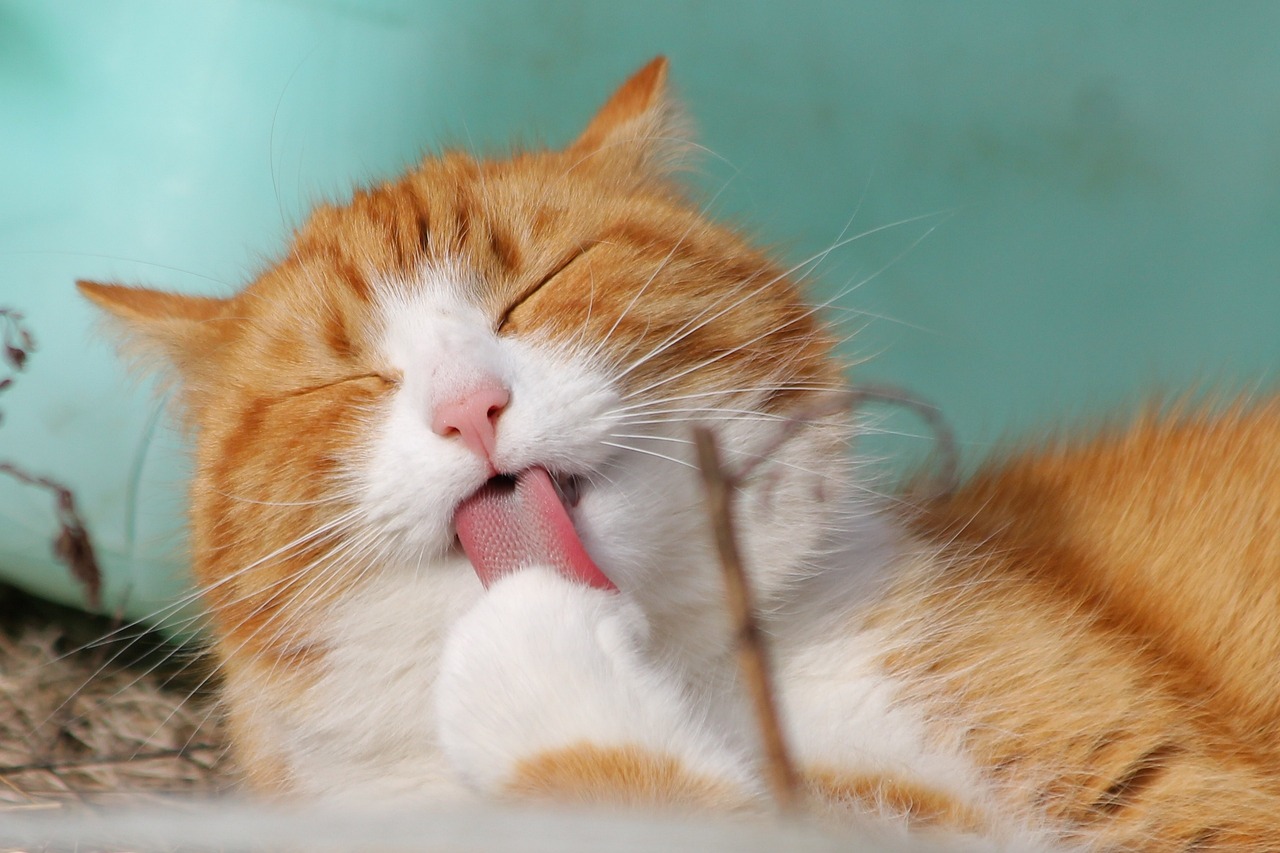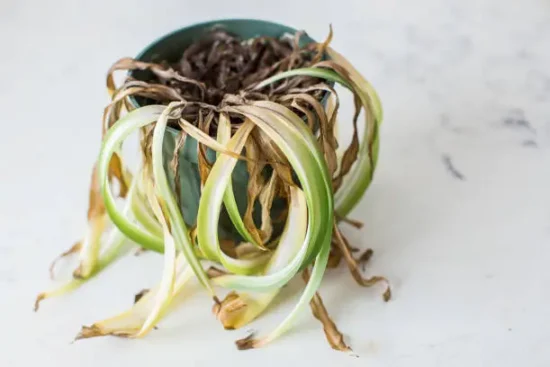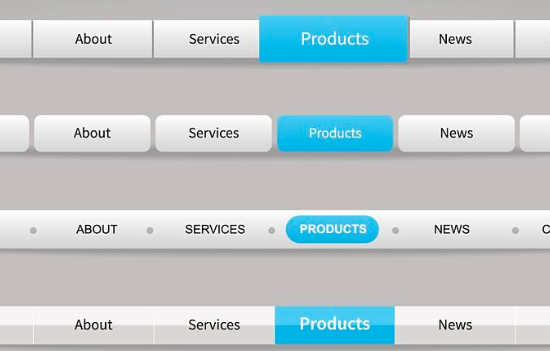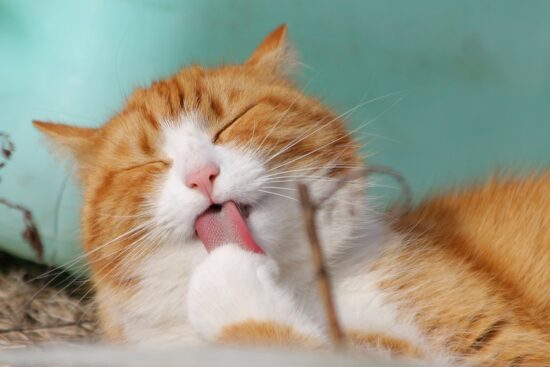
If your Cat keeps licking lips all the time you might be wondering if it’s just a weird habit or something more serious. Cat keeps licking lips can be for many reasons, from harmless to concerning. Knowing why your cat is doing this is key to your cat’s health and happiness.
In this post we’ll look at the reasons behind the lip licking, what it might mean for your cat and what you can do about it.
Why Your Cat Licks Lips
1. Normal Grooming
Cats are meticulous groomers. Lip licking is part of their grooming routine, they clean their faces, whiskers and mouths after eating. If it’s only occasional and not accompanied by other symptoms it’s probably nothing to worry about.
2. Eating and Drinking
After eating or drinking your cat might lick its lips to get rid of food or water residue. This is normal and not a cause for concern unless it becomes excessive.
3. Stress or Anxiety
Cats can show stress or anxiety in many ways, including lip licking. If your cat is in a new environment, loud noises or unfamiliar pets this might be a reaction to emotional discomfort.
Signs of stress in cats:
- Hiding
- Loss of appetite
- Excessive grooming
- Vocalization
4. Nausea
Lip licking can be a sign of nausea in cats. This could be due to:
- Motion sickness during car rides
- Gastrointestinal issues
- Consuming something that didn’t believe them
Other symptoms of nausea might be drooling, loss of appetite or vomiting.
5. Dental Problems
Dental problems like gum disease, tooth decay or oral infections can be uncomfortable and make your cat lick its lips. Appearance out for different symptoms along with:
- Bad breath
- Drooling
- Difficulty eating
6. Foreign Objects in the Mouth
Sometimes a piece of food, grass or another foreign object can get stuck in your cat’s mouth. This can be irritating and make them lick their lips to try and dislodge it.
7. Allergies
Cats will have allergies to food, environmental elements or even grooming products. Allergic reactions can cause itching or irritation around the face and mouth and make them lick their lips.
8. Respiratory Infections
Respiratory infections in cats can cause symptoms like nasal discharge, sneezing and lip licking. This is usually due to irritation or mucus around the mouth and nose.
9. Pain or Discomfort
Pain from injuries, oral ulcers or other conditions can manifest through lip licking. If your cat seems uncomfortable or shows other signs of pain, see a vet.
10. Neurological Problems
In some cases neurological problems can cause unusual behavior like lip licking. These conditions can also have other symptoms like head tilting, uncoordinated movements or seizures.
When to Worry About Your Cat Licking Its Lips
Lip licking is normal sometimes but if it’s excessive or persistent you should be concerned. Look out for these accompanying symptoms:
- Drooling: If your cat is drooling along with lip licking it could be dental issues, nausea or oral injuries.
- Vomiting: If your cat is vomiting and lip licking it could be gastrointestinal issues or ingestion of toxic substances.
- Appetite Changes: If your cat is not eating and lip licking it might be nausea or oral discomfort.
- Weight Loss: If your cat is losing weight for no reason go to the vet.
- Behavioral Changes: Hiding, aggression or lethargy along with lip licking might be stress or illness.
If you see any of these signs go see your vet.
How to Diagnose Lip Licking
When you take your cat to the vet they’ll do:
- Physical Examination: They’ll check the mouth, teeth and gums for visible issues like infections or injuries.
- Medical History: Be prepared to tell them about your cat’s diet, recent changes in behavior and any exposure to allergens or stressors.
- Diagnostic Tests:
-
- Blood tests to rule out underlying situations.
- X-rays or dental imaging for oral issues.
- Allergy checking out if a hypersensitivity is suspected.
How to Fix Your Cat’s Lip Licking
Once the cause is found treatment can start. Here are some solutions for different scenarios:
1. Dental Care
If dental issues are the cause your vet may recommend:
- Professional teeth cleaning
- Tooth extraction if decay is severe
- Antibiotics for infections
You can also do dental care at home by brushing their teeth with cat-safe toothpaste and giving dental chews.
2. Dietary Changes
If food allergies are suspected try a hypoallergenic or limited ingredient diet. Introduce new foods gradually and see if symptoms improve.
3. Stress Relief
To reduce stress:
- Create a safe space to your cat to cover.
- Use pheromone diffusers like Feliway.
- keep on with a habitual for feeding and playtime.
4. Medications
For nausea or infections your vet may prescribe:
- Anti-nausea meds
- Antibiotics for bacterial infections
- Antihistamines for allergies
5. Removing Foreign Objects
If it’s a foreign object causing the issue your vet will remove it. Don’t attempt to do it yourself and get harm.
6. Treating Underlying Health Issues
For more serious conditions like neurological problems or chronic illnesses follow your vet’s instructions for ongoing care.
How to Stop Cats from Licking
You can’t stop all lip licking but you can reduce the underlying causes with these:
- Regular Veterinary Checkups: Get your cat checked regularly and catch dental problems, allergies and other issues early.
- Oral Hygiene: Brush your cat’s teeth and give them dental treats or toys.
- Balanced Diet: Feed your cat a good quality food suited to their needs. Don’t change their food suddenly that might upset their stomach.
- Stress Reduction: Keep your cat’s environment calm and consistent. Introduce new pets, humans or modifications regularly.
- Safe Exploration: Keep an eye on your cat when they’re outside so they don’t ingest harmful plants or objects.
Conclusion
When your Cat keeps licking lips it’s important to watch them closely and see if there are other symptoms. While it’s usually harmless, excessive or persistent lip licking could be a sign of an underlying health issue.
Always consult a vet if you’re unsure about your cat’s behavior. With proper care you can keep your cat happy and healthy for life.
By understanding the reasons behind this common behavior and taking proactive steps, you’ll be better equipped to support your cat’s overall well-being.










Leave a Reply